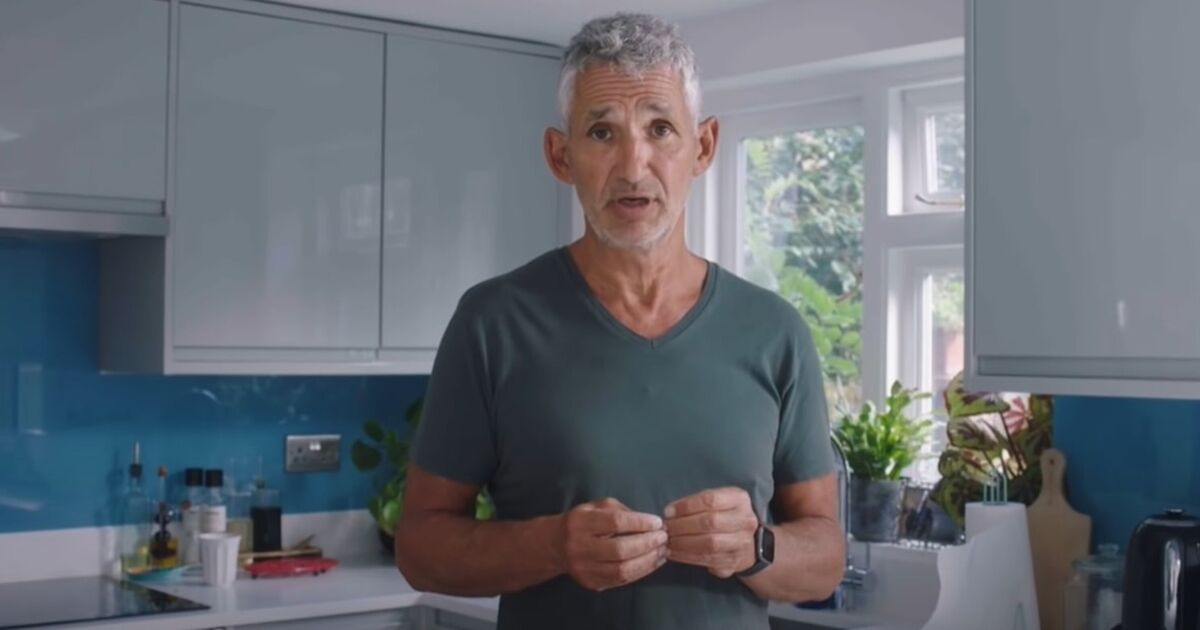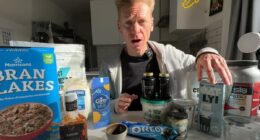Professor Tim Spector has revealed the six key principles that people should follow in order to boost their overall health.
The founder of the ZOE Health Study, Professor Spector outlined how people could stay healthy by following six simple steps.
Amongst these slices of advice was the recommendation that people should consume 30 plants per week, “eat the rainbow”, pivot their protein, and think in terms of quality, and not calories.
Also among Professor Spector’s tips were the incorporation of fermented foods into one’s diet, and a suggestion that maybe time-restricted eating could be beneficial for the gut microbiome, the group of bacteria based inside the gut.
On that final piece of advice, Professor Spector wrote in the Mail on Sunday that time-restricted eating, also known as TRE, was based on the idea that when and how someone eats “can matter as much as what” they tuck into.
He suggested that the “sweet spot” for TRE was a 12-14 hour overnight fast, because it was effective and could, importantly, be sustained in the long term.
Moving backwards to fermented foods, Professor Spector suggested the likes of kombucha, kefir as well as “fermented mushroom-and-garlic spread”.
Among his other tips, was for people to “pivot” their protein to focus on getting more fibre into one’s diet – so moving from meat to legumes, cheese, eggs, and edamame.
Professor Spector’s other tips are ones which are considered staples of maintaining a healthy diet; such as minimising the consumption of ultra-processed foods, eating a lot of plants, and consuming the rainbow.
What this latter phrase means is that people should have a diet full of bright colours from the natural world, such as orange carrots and green broccoli.
Professor Spector explained: “This is a fundamental principle of nutrition that emphasises the importance of consuming a wide range of colourful fruits and vegetables. This spectrum is not only visually appealing, it’s also packed with a rich variety of tastes and nutrients.”
Professor Spector has become a household name, not just in the world of science, but in the public consciousness, thanks in large part to his work during the Covid-19 pandemic, where Zoe was used to track the symptoms of Covid-19. Earlier this year, he revealed why he set up the now well-known organisation.
The King’s College London professor, 66, told Times Magazine that it was a personal health crisis that led to the founding of Zoe.
He said: “I started ZOE after a mini-stroke at 53. I thought I was healthy. And then all of a sudden I had double vision and fears about whether I had a brain tumour.
“My blood pressure went up. I thought, I’ve got to just start doing something for myself – or I will die at 57 like my father.”









